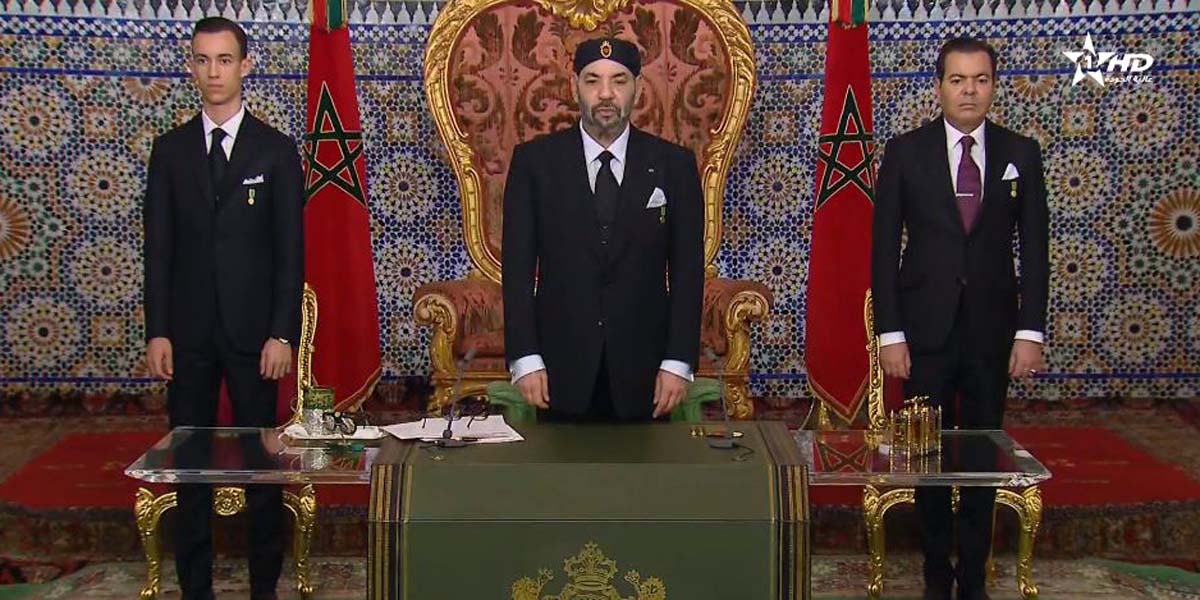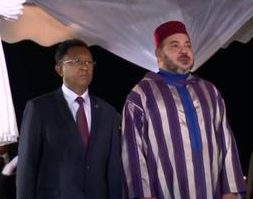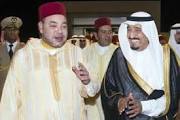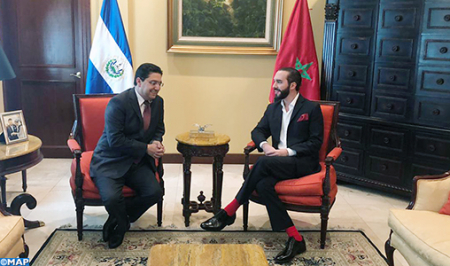The approach adopted by Morocco in defending the Moroccanness of the Sahara stems from an integrated vision that combines political and diplomatic action with the promotion of socio-economic and human development in the region, said King Mohammed VI.
“Our action to defend the Moroccanness of the Sahara is based on a holistic approach that combines not only political and diplomatic action, but also efforts to promote economic, social and human development in the region, said King Mohammed VI in a speech he delivered this Sunday in commemoration of the 47th anniversary of the Green March.
The Sovereign surveyed in his speech the socio-economic achievements in Sahara provinces, especially since the launch of the development program for these southern provinces, signed, under the King’s chairmanship, in Laayoun, in November 2015, and in Dakhla, in February 2016. He pointed out that this integrated development program, endowed with a budget of over 77 billion dirhams ($8 billion), “to launch a real socio-economic dynamic, create jobs and investment opportunities, and provide the region with the infrastructure and facilities it needs.”
Pointing out that the commemoration of the 47th anniversary of the Green March comes at a crucial time in the process to firmly establish the Moroccanness of the Sahara, the King noted that if the Green march epic “made it possible to liberate that part of our territory, the continuing marches I have been spearheading aim to make sure our citizens lead a dignified life, especially in those Saharan regions, which are dear to my heart.”
Actually, the development program for the southern provinces “is an ambitious program which responds to the concerns and aspirations of the inhabitants of our southern provinces,” he said. The region’s local governments and elected officials are in charge of implementing the projects included under the program.
Seven years into the program, whose implementation is entrusted to the region’s local governments and elected officials, the Sovereign deemed it “gratifying” to note that the expenditure commitment rate stands at about 80 per cent of the total budget allocated to the program.
The Tiznit-Dakhla highway is in its final stages, the region’s connection to the national electricity grid has been completed and the communication networks consolidated and extended, the King recalled, adding that the solar and wind power plants programmed have been completed as well.
The Sovereign also mentioned the construction of the major Dakhla-Atlantic port which will begin soon, once the various studies and administrative procedures are completed.
As regards the economy, which is the main driver of development, a number of projects have been completed concerning the valorization and processing of fish products – an industry that provides thousands of jobs to the region’s inhabitants, he said, noting that in the agricultural sector, more than six thousand hectares have been developed in Dakhla and Boujdour and placed at the disposal of young farmers from the region.
The implementation rate of most projects planned in the phosphate, water and sanitation sectors is quite high.
Likewise, he added, in the social and cultural sectors, many achievements have been made in the areas relating to health, education and training, support for self – employment initiatives, and the promotion of the Hassani language and culture – both of which are key constituents of our cohesive national identity.
In keeping with a spirit of national responsibility, King Mohammed VI urged the private sector to continue to be engaged in productive investment in these provinces, particularly in projects of a social nature.
He also called for new prospects of action to be opened up in order to promote the development dynamic in the southern provinces, especially in the most promising sectors, the blue economy and renewable energy.



